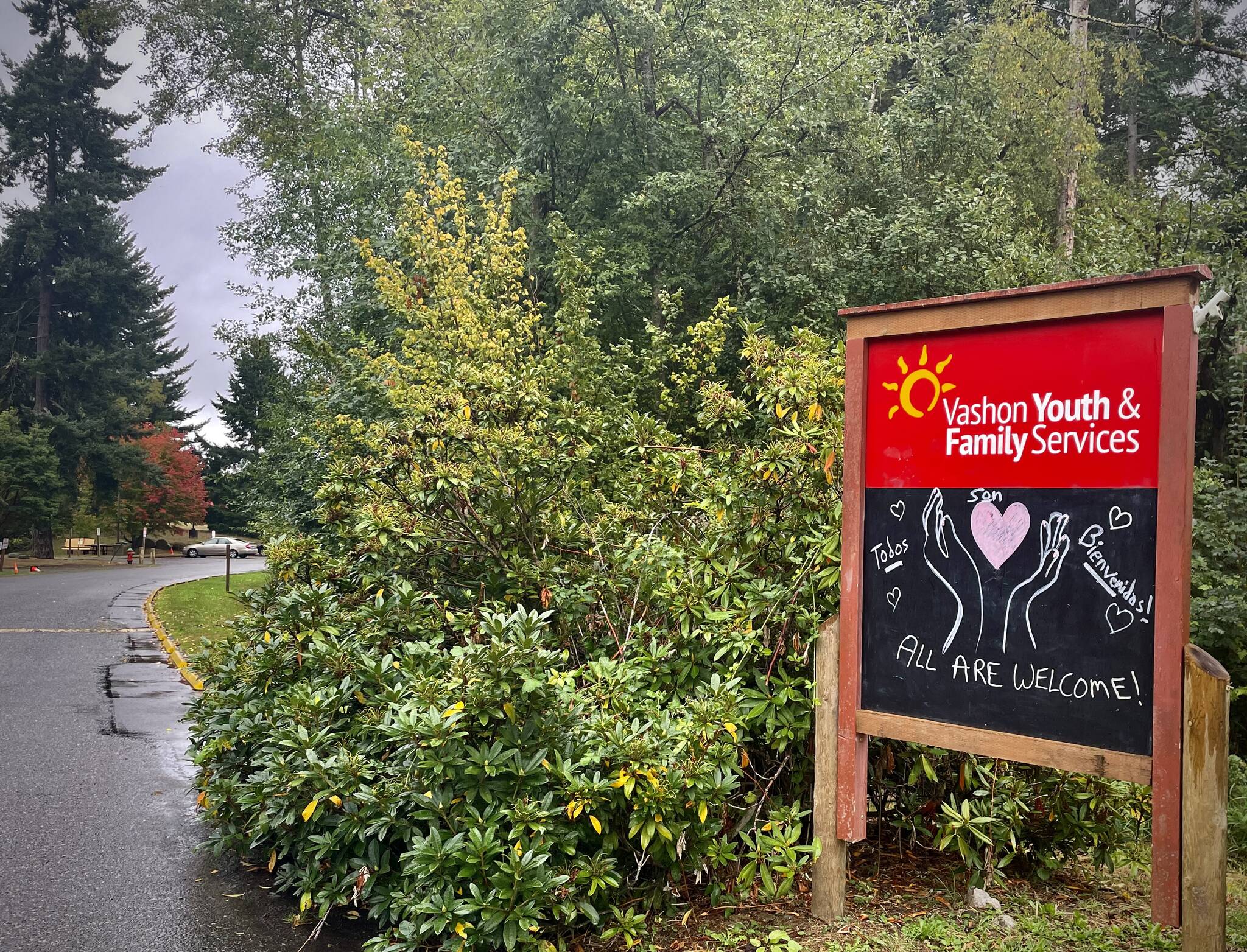
The Impact of Federal Funding Cuts on Vashon’s Health Care System
Vashon’s health care system, already under significant strain, is now facing additional challenges as federal funding cuts take effect next year. These changes are expected to disrupt a wide range of services, from clinics to long-term care, and have far-reaching effects on the island community.
The Cuts in Detail
The One Big Beautiful Bill Act has rolled back several provisions of the Affordable Care Act (ACA) and Medicaid. Enhanced ACA premium subsidies are set to expire in 2026, while some Medicaid eligibility will be restricted in 2027. As of press time, Congress was nearing a potential government shutdown, with Democrats and Republicans at odds over health care funding. Democrats, who need Senate support, are pushing for extensions of ACA subsidies and changes to Medicaid cuts.
The Congressional Budget Office predicts that these cuts could result in 17 million Americans losing medical coverage over the next decade. In Washington state, 14 hospitals are at risk of closure due to shrinking Medicaid reimbursements. Safety net programs, including those for substance abuse and mental health, could face severe cuts, reducing help for families dealing with serious mental illness.
State-Level Responses
Washington’s Medicaid program, Apple Health, has some capacity to shield residents from national health care shocks. However, the federal government will cut their spending on $11 million annually from Washington’s family planning healthcare. Apple Health has stated its commitment to funding critical services with state resources, but it cannot fully insulate residents from coverage losses. Over 620,000 Washingtonians will face loss or delay of Medicaid coverage due to changing federal eligibility requirements.
Local Expert Perspectives
On Vashon, members of the Medical Reserve Corps are raising concerns and organizing a community response. Wendy Noble, a member of the Medical Reserve Corps and a Vashon Health Care District commissioner, warned that the cuts could be catastrophic. She emphasized that Medicaid supports not only low-income populations but also long-term care facilities, children, and disabled residents. Rural hospital systems, already fragile, depend on Medicaid to stay afloat and recruit physicians.
John Osborn, another member of the Vashon Medical Reserve Corps, echoed this urgency. He and Noble are helping to organize a medical conference on November 22, aimed at creating a roadmap for navigating the cuts. Osborn highlighted the importance of building relationships and strengthening teams to protect vulnerable individuals.
Specific Organizations Affected
Vashon Youth & Family Services
For Vashon Youth & Family Services, Medicaid makes up about 45% of its budget. Executive Director Jeni Johnson noted that expansion plans for disability-focused youth groups have been paused, with resources redirected to at-risk youth counseling. The uncertainty surrounding federal funding makes planning difficult, and the full impact remains unclear.
Sea Mar Community Health Clinic
Sea Mar Community Health Care Centers, one of the state’s largest providers, gets 65% of its revenue from Medicaid. While only 15% of Sea Mar patients on Vashon use Medicaid, administrators expect an increase in uninsured patients. The clinic will continue to offer its sliding fee scale but anticipates a rise in uncompensated care.
Vashon DOVE Project
DOVE, which supports survivors of domestic violence and provides mental health care, faces a challenging environment. New grant rules proposed by the U.S. Department of Commerce could require grantees to frame domestic violence strictly as a criminal issue, which contradicts DOVE’s approach. Executive Director Heidi Jackson criticized this shift, emphasizing the power control dynamic at the heart of abuse.
Vashon Natural Medicine
Vashon Natural Medicine (VNM), an independent primary care clinic, relies solely on federal funding through Medicare Advantage plans. Owner Kelly Wright expressed concern over inadequate reimbursements but remains confident in the clinic’s resilience. The clinic is developing a sliding fee scale for the newly uninsured and urging patients to schedule preventive care before year-end.
Neighborcare Health
Neighborcare Health runs the clinic at Vashon High School. While it has not yet seen federal cuts, administrators anticipate tighter budgets as state and local partners absorb federal losses. New Medicaid rules, such as work requirements and re-certification every six months, could disrupt care for patients.
Broader Implications
Thunderbird Treatment Center and Seattle Indian Health Board (SIHB) are also affected. Construction of the Thunderbird Treatment Center is ahead of schedule, supported by diverse funding streams. However, the Urban Indian Health Institute, part of SIHB, faces greater risks from federal health funding cuts. Esther Lucero, President of the Health Board, warned that public health work like harm reduction and prevention is at stake.
These changes highlight the broader implications of federal funding cuts on public health systems, with consequences that ripple through communities. As the situation unfolds, cooperation, creativity, and advocacy will be essential to protect vulnerable populations.